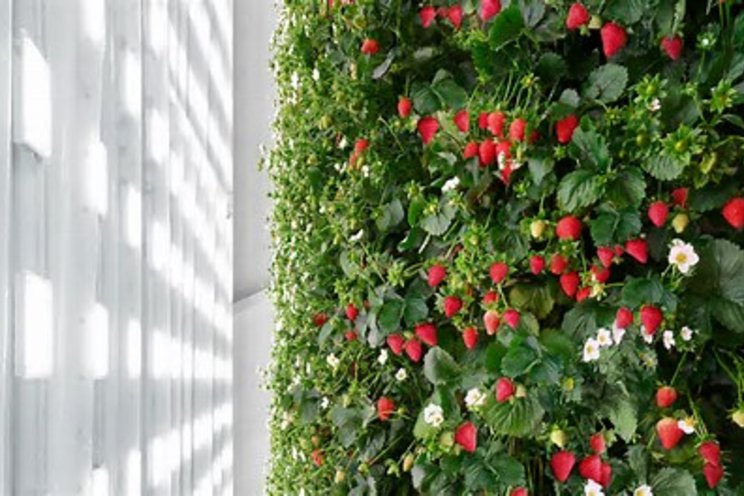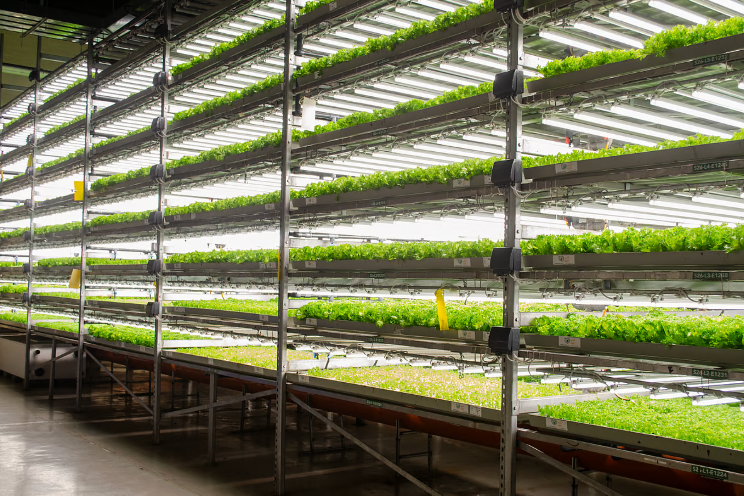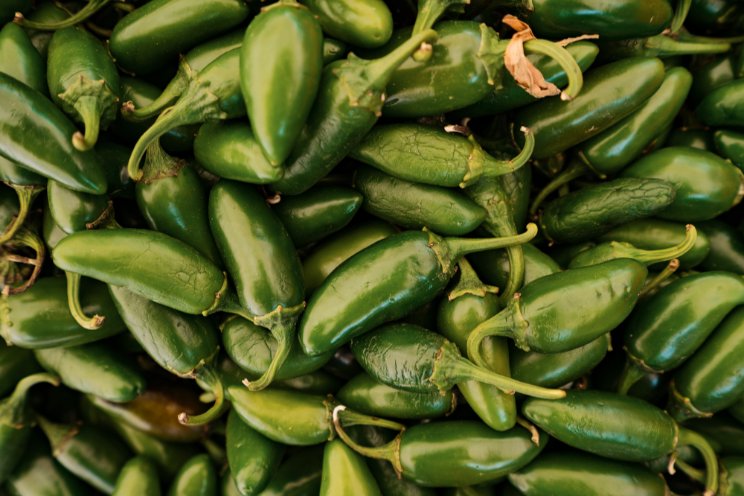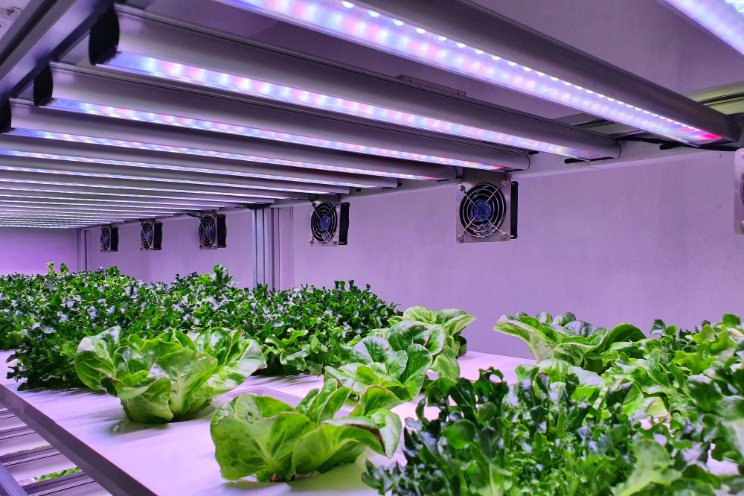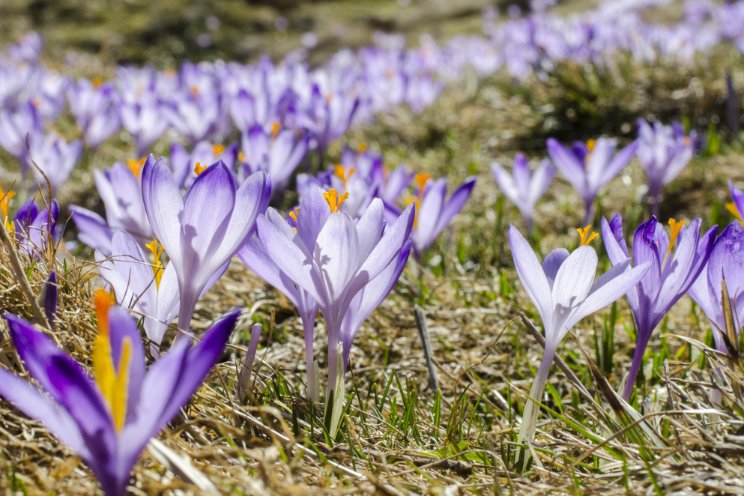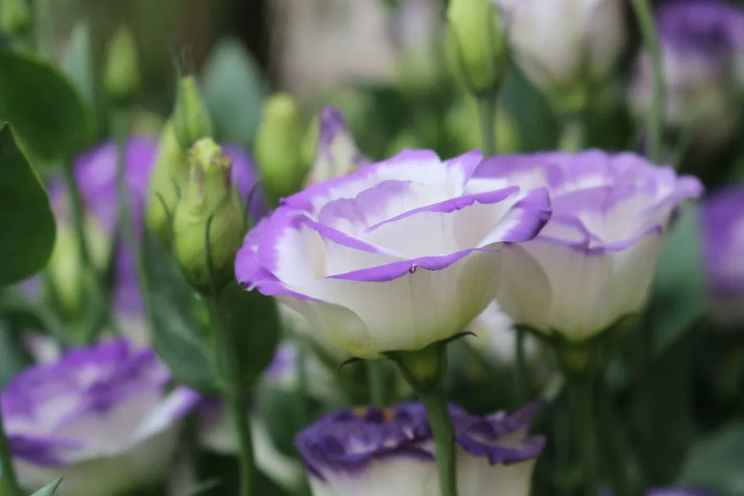Nanobodies may be a game-changing on plant health
Added on 02 January 2023
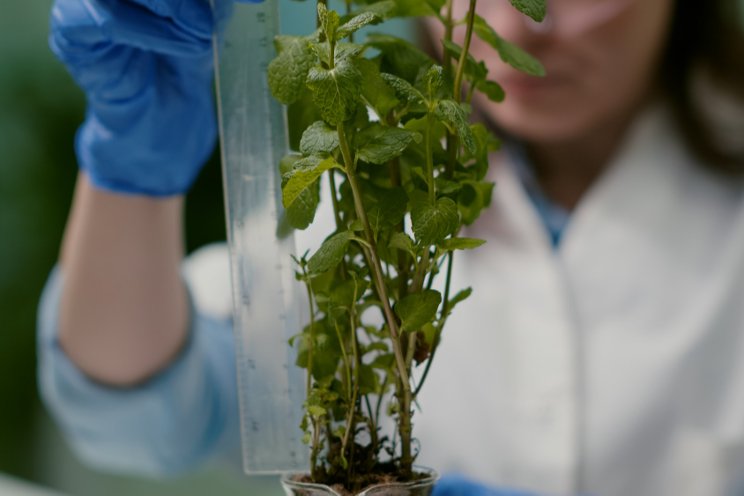
Nanobodies, a tiny piece of the antibody cells found in the camelid animal family (camels, llamas, and so on), could interfere with just about any cellular organism, including bacteria and viruses.
One of those scientists reading the study results was Michelle Heck, PhD, Emerging Pests and Pathogens Research Molecular Biologist, USDA-ARS, who quickly reached out to her Florida colleagues, Robert Shattters, PhD, Research Molecular Biologist, USDA-ARS, and Marco Pitino, Lead Project Scientist at AgroSource. They were leading a team trying to find a way to battle citrus greening, an invasive disease with no known cure. The bacterial disease, vectored by the citrus psyllid, is slowly destroying the Florida citrus industry.
“The world was shut down, and we were texting with our group of scientists,” Heck says. “When we saw this paper, we were like, ‘Hey, what if we could produce these COVID-19 nanobodies in plants using our symbiont technology?”
Image by DCStudio on Freepik
More news

